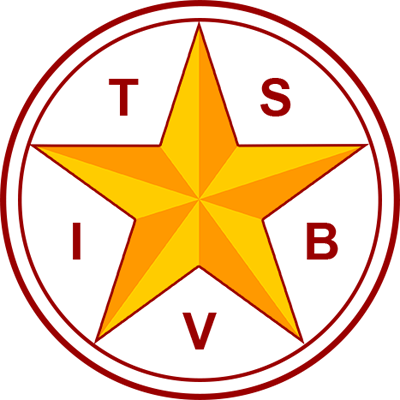A Braille Literacy Pilot Initiative for Young Children
Authors: William Daugherty, Superintendent TSBVI
Keywords: TSBVI, braille, blind, visually impaired, Educational Service Centers (ESC), early literacy
It is widely recognized that many young children who are likely to become braille readers do not have early literacy-developing experiences similar to those of typically sighted children. Typically sighted children are surrounded by the printed word as soon as they can see, and begin to develop literacy through incidental learning and through more direct avenues such as being read to by family members. Young children with severe visual impairment often do not have sufficient, similar experiences, and may not begin to develop reading skills until formal instruction begins as they enter school. By the same age, the majority of typically sighted students have achieved a much higher level of literacy independence and are using their reading and writing skills to access the broader curriculum. The child with the visual impairment can easily fall behind.
There are certainly examples across the state where children under the age of 5 are getting an excellent early start on developing literacy in the braille medium. A commonality among these examples is a teacher who can devote sufficient time to supporting the child and their family in an organized sequence of activities in the home that build the necessary concepts and skills. For a variety of reasons, not all children have access to this type of consistent, organized instruction that finds its way into daily life routines around the home.
To try and improve this situation, TSBVI has begun creating a pilot program in collaboration with ESC 14. The target is to create a model program for students who are probable braille readers to develop braille literacy skills earlier with on-going support by educators and by family members. The age group of the children for the program will be three to five years old, with the discretion to expand that range as appropriate. This first pilot site will develop a program that we hope can then be replicated by interested regional programs and local schools. The program will consist of assessment tools, curricular materials, activities for home and a design for on-going supports utilizing families, educators and volunteers. TSBVI wants to create an early braille literacy initiative that is both effective and sustainable. We are flexible in how the program is structured and have begun working with ESC 14 on a school year model. So far, we know we will need:
- A motivated and engaged local school administrator and/or teachers of students with visual impairments who have a strong interest in literacy
- Support for the program from the regional Education Service Center consultant
- The availability of local volunteers who are braille readers and are willing to mentor families and their children
- A package of activities, materials and supports for families that is fun, stress-free, and tailored to each child’s learning needs
- Data collection and analysis leading to program improvement and justification
While the Region 14 Education Service Center in Abilene has been selected as the first pilot site, we know that several other ESCs have expressed interest and we may be able to expand our partnerships as we move forward. The goal of this first round is to figure out what approaches work best overall, with full awareness that each pilot site will likely need to be tailored to local realities. Broader goals of this initiative are to start a statewide conversation about early braille literacy needs, and to identify partners with similar interests. The desired outcome is for students entering the school system to be reading braille at their highest potential. We are excited to be part of this collaborative effort.
